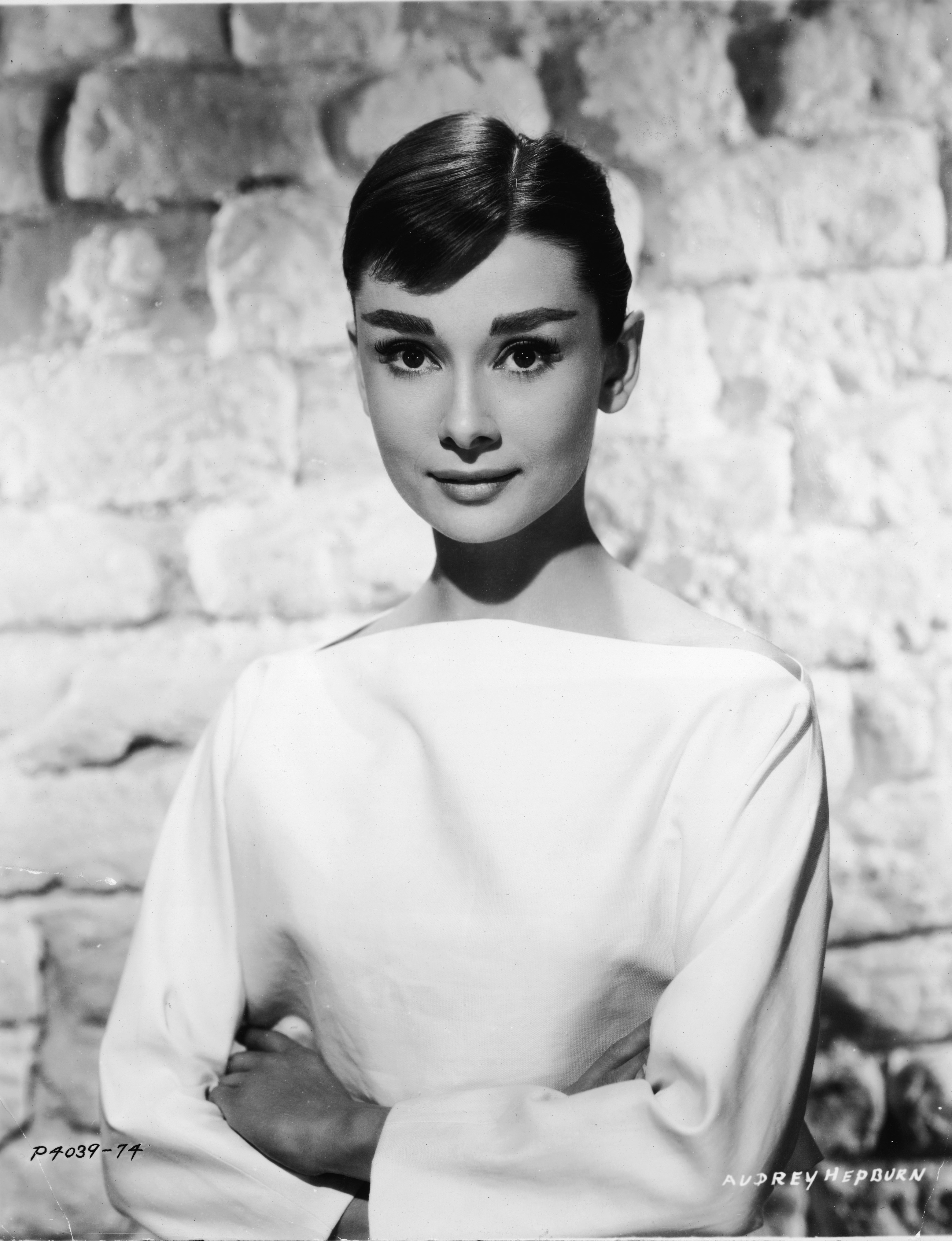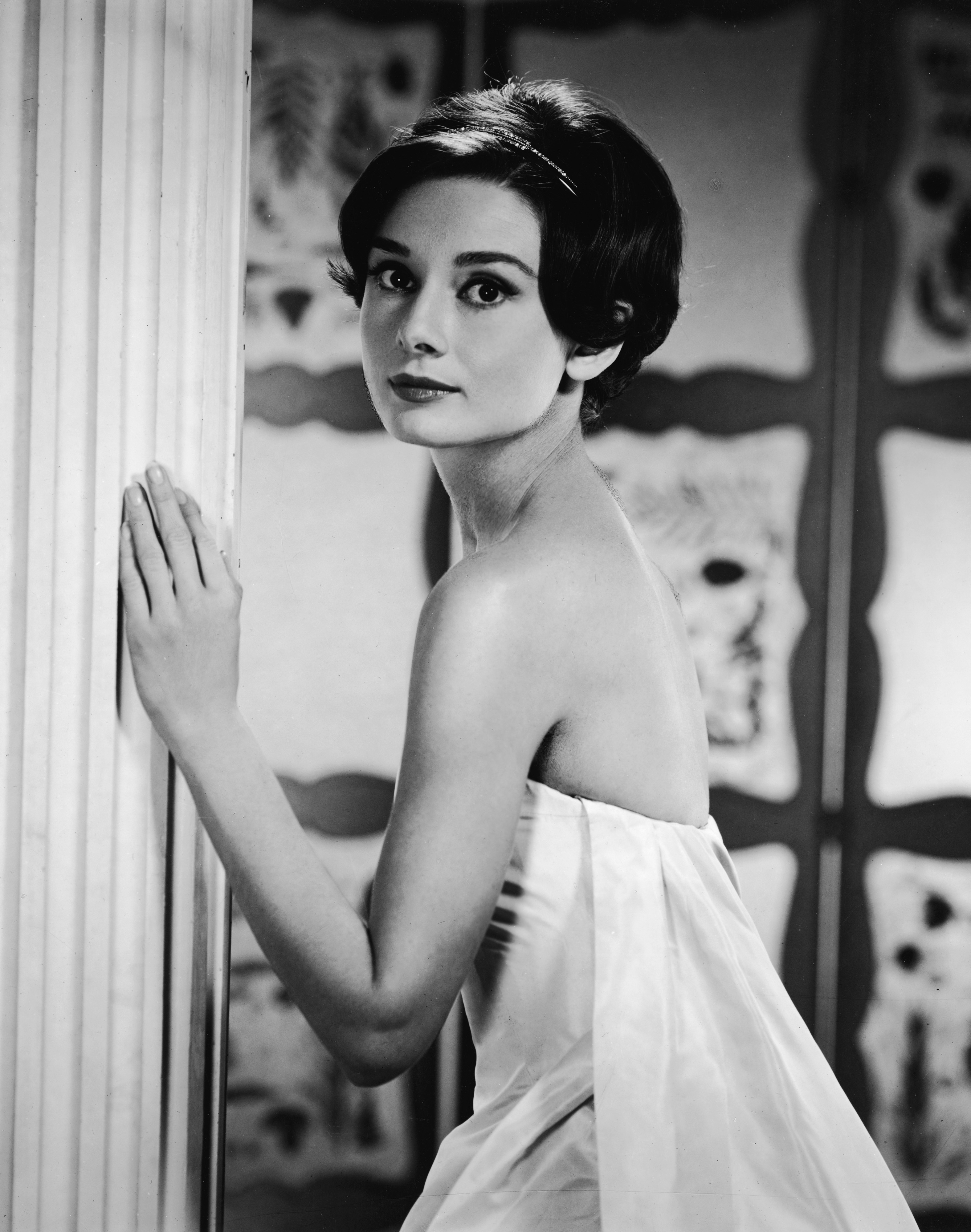Audrey Hepburn spied for Dutch Resistance during World War II and hid an Allied paratrooper from the Nazis, new book reveals

The first things to come to mind at the mention of Audrey Hepburn are breezy classics such as 'Roman Holiday,' 'Ondine,' 'Breakfast at Tiffany's,' and 'My Fair Lady.'
But what about Dutch resistance spy and war hero?
Because Hepburn was a notoriously private person who did not like divulging the details of her past and her childhood, a non-insignificant portion of which involved growing up under Nazi rule, she did hint about her involvement with the Dutch resistance efforts during World War II.
Robert Matzen, whose book 'Dutch Girl: Audrey Hepburn and World War II' was published recently, claims that her participation in the movement was not just limited to performing silent dances to raise money for the cause, but was much deeper than previously thought.

According to the Epoch Times, the book details how Hepburn was initially lukewarm to the movement because of poverty — she was born to an upper-class family but grew up poor and claimed in interviews that her mother "didn't have a dime" — and her parents' position as Nazi sympathizers.
By her own account, the invasion by German troops in 1940 didn't change much though it did mean her town was overrun with German signs and swastikas. She did concede that the contents of her lessons became increasingly political, revealing how one of her math questions read, "‘If 1,000 English bombers attack Berlin and 900 are shot down, how many will return to England?'"
But hers and her family's apathy changed in 1942 when her uncle Otto van Limburg Stirum was captured in retaliation for an act of sabotage committed by the resistance, forced to dig his own grave, tied to a stake, and then executed

This spurred both her mother and her to switch allegiance to the resistance. Matzen said dancing was just one of the ways Hepburn raised money for the resistance, and that the soon-to-be world famous actress was also tasked with delivering a newspaper called 'Oranjekrant,' which was published by the movement and was the size of a napkin and contained important messages.
Her age meant she could avoid suspicion and her knowledge of English similarly proved invaluable to the resistance and allowed her to carry messages and food to Allied pilots who had been shot down by the Germans.
She was so trusted, in fact, that a prominent leader of the resistance placed a paratrooper in her family's care after the battle of Arnhem in September 1944. He was hidden away in their cellar for around a week and even given a bottle of champagne by her mother on the night before he was smuggled out.
Following the end of the war, Hepburn began taking ballet lessons and eventually made her film debut in 1948 in the role of an air stewardess in 'Dutch in Seven Lessons,' an educational travel feature.
The rest, as they say, is history, but her son Luca Dotti insisted she would not have become the woman she was if it weren't for the war.
"The war was very, very important to her," he said. "It made her who she was."










